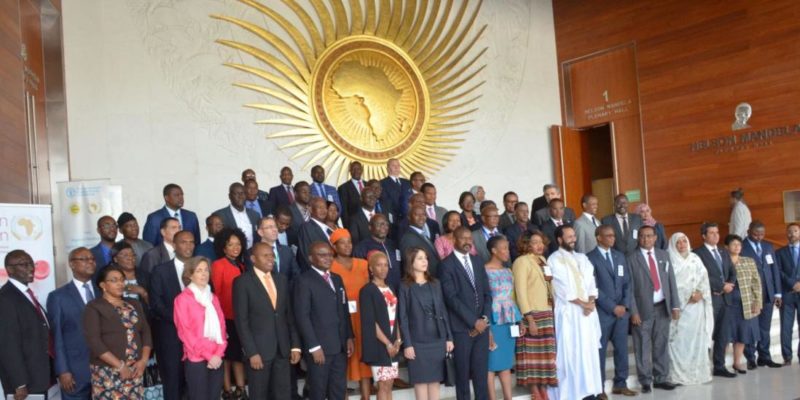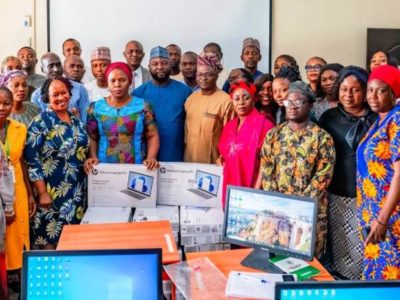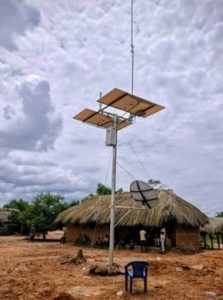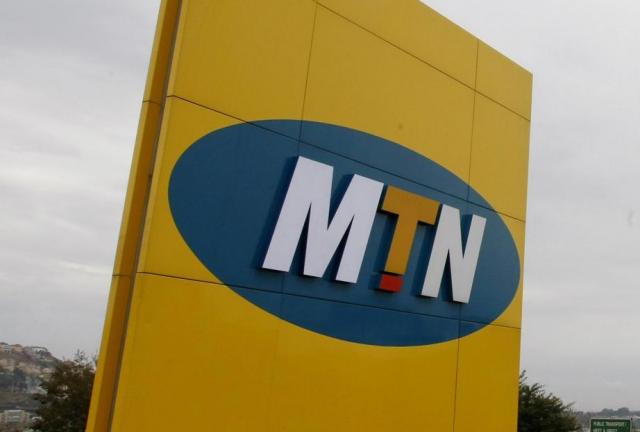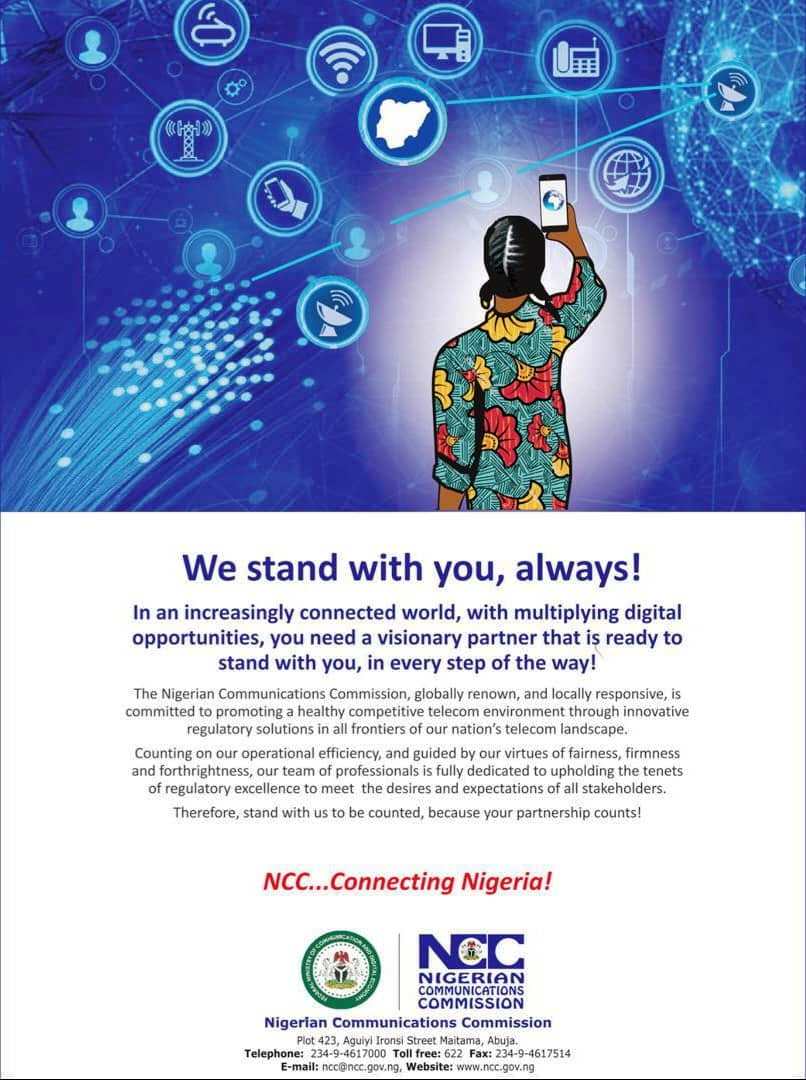African Ministers of Information and Communication Technologies (ICTs) and Digital Economy from across the continent held an extraordinary high-level virtual consultative meeting on Sunday to address the escalating crisis facing AFRINIC, the Regional Internet Registry (RIR) for Africa.
RELATED: African ministers of ICT set to convene as Experts Meeting kicks off today
The meeting, organized by the African Telecommunications Union (ATU) and chaired by Hon. Sid Ali Zerrouki, Minister of Post and Telecommunications of Algeria, culminated in the adoption of a Ministerial Declaration on Sustaining AFRINIC’s Operations and Safeguarding Africa’s Internet Stability.
AFRINIC’s Collapse Would Threaten Africa’s Digital Backbone
Since gaining formal accreditation in 2005, AFRINIC has been the sole body managing the allocation of critical Internet resources—IPv4, IPv6, and Autonomous System Numbers (ASNs)—across African countries. The organization’s ongoing legal paralysis now threatens to compromise decades of digital development on the continent.
A liquidation petition filed by Cloud Innovation Ltd, a company registered in Seychelles, in the Supreme Court of Mauritius, has plunged AFRINIC into deeper turmoil, with the organization currently under court-ordered receivership. The legal battle has raised global concern about the future of African Internet resource autonomy.
Ministers Reaffirm Commitment to AFRINIC’s Survival and Reform
In their declaration, African Ministers collectively emphasized the strategic importance of AFRINIC in maintaining the continent’s digital sovereignty. They pledged to support a peaceful and inclusive resolution of governance challenges—while respecting the independence of the Mauritian judiciary.
“We are not here to prejudge the legal process—but to preserve a continental asset,” said Hon. Sid Ali Zerrouki. “Our objective is to ensure Africa retains institutional capacity to manage its Internet resources in a credible, inclusive, and accountable manner.”
The Ministers also stressed the need for broad-based, multistakeholder dialogue in shaping AFRINIC’s future.
Transparent Elections and Domestic Engagement Urged
The declaration called on the court-appointed Official Receiver to conduct transparent and timely elections to restore AFRINIC’s governance framework. African governments were also urged to mobilize AFRINIC member organizations, particularly those affiliated with public institutions, to actively engage in the electoral process and support credible leadership.
Global Internet Stakeholders Reaffirm Support for AFRINIC
Key international bodies including the African Union Commission (AUC), Smart Africa Alliance, the Internet Society (ISOC), and the Internet Corporation for Assigned Names and Numbers (ICANN) participated in the meeting and reaffirmed their support for AFRINIC’s critical role in global Internet infrastructure.
ICANN confirmed its legal stance in support of AFRINIC, declaring that IP resources managed by AFRINIC are public trust assets and not subject to liquidation. This aligns with the global Internet community’s consensus that AFRINIC remains the sole RIR serving Africa.
ATU to Monitor AFRINIC Developments and Report to AU Summit
The African Telecommunications Union was officially mandated to monitor developments around AFRINIC and report progress to the next Ordinary Session of the African Union (AU) Summit. This move signals a coordinated regional effort to prevent fragmentation and institutional vacuum in African Internet governance.
“The Internet is too important a resource, and AFRINIC too critical an institution, for us to look the other way,” said John Omo, Secretary General of ATU. “Our success depends on leveraging our unity and building trust.”
Conclusion: Africa Moves to Defend Its Digital Future
As the legal battle around AFRINIC unfolds, African leaders are making clear their commitment to defending Africa’s digital future, preserving institutional sovereignty, and ensuring that Internet resource management remains in African hands. The Ministerial Declaration represents a critical step toward restoring stability, enhancing accountability, and reinforcing Africa’s voice in global Internet governance.

